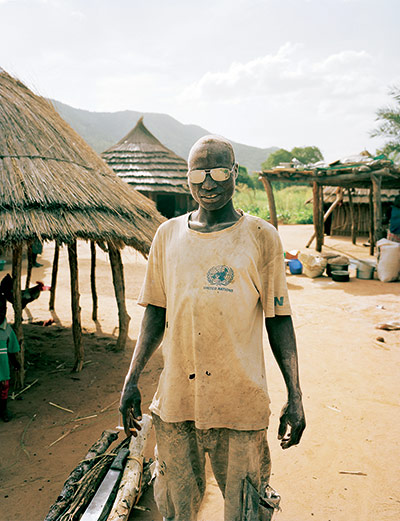
Pictured above: man milling flour
Photograph: Zed Nelson/Institute
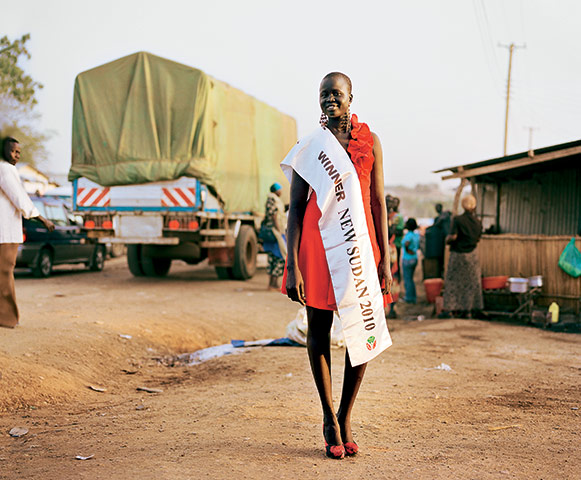
'My four brothers died during the war. I went to secondary school in Uganda. I came back to Juba last year with my mum. I haven’t seen my father since I was 15. He is a Dinka, has 20 wives and many children – he’s a chief. I saw the modelling competition on the internet. I won a small car, a laptop and a crown. I haven’t done any modelling yet – there is no industry here – but I’ve registered my agency, South Sudan Next Top Model. I just need investors. And I’m involved with an orphans project in Juba.'
Photograph: Zed Nelson/Institute
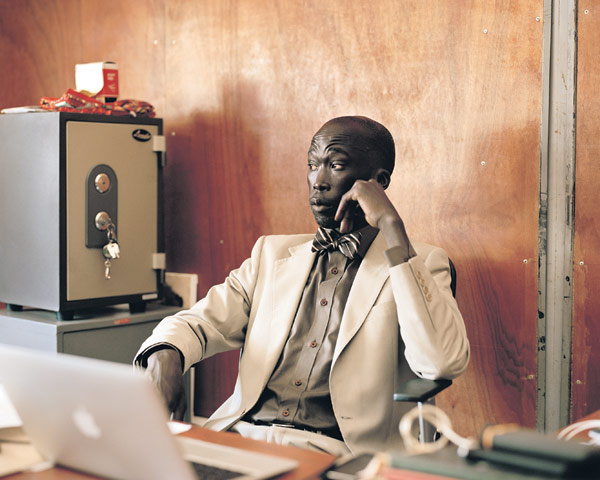
'The people are edgy right now. They fought the war, contributed their children, their crops, their livestock. The moment they should be paid back, the movement is hijacked by the "cut-and-paste middle class" – the foreign diaspora returning. They can’t institute policies that speak to the people. And when people are hungry and perceive those in power are denying them food, they will rise up.'
Photograph: Zed Nelson/Institute
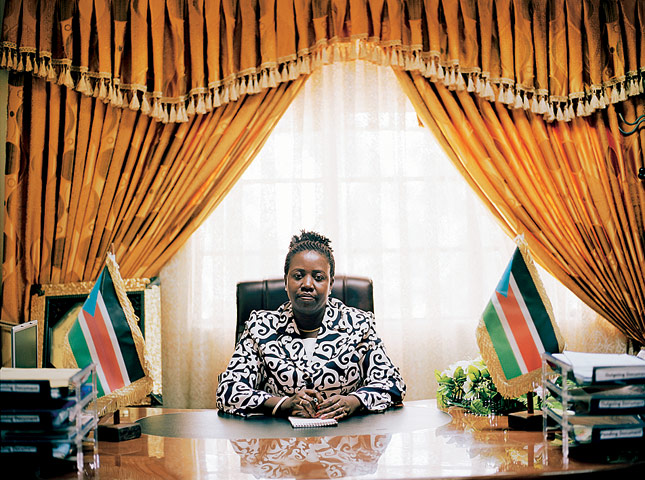
'From 1998, I lived in Leeds and worked in odd jobs – catering, a warehouse, Eastgate Jobcentre. I returned to Sudan in 2005. After the comprehensive peace agreement, I became a member of parliament, and then, after independence, deputy minister.'
Photograph: Zed Nelson/Institute
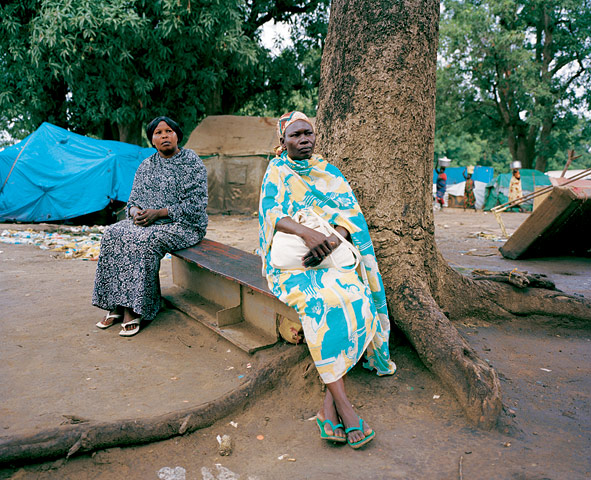
'The journey from Kosti was 18 days. I brought all my furniture. I’ve been waiting here at Juba port for 21 days for my belongings.'
Photograph: Zed Nelson/Institute
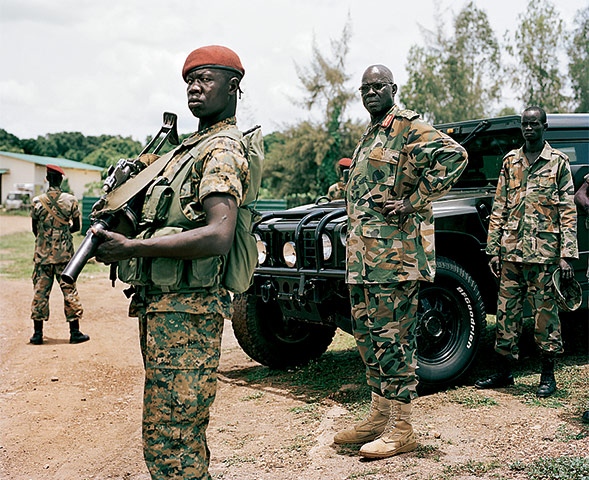
Photograph: Zed Nelson/Institute
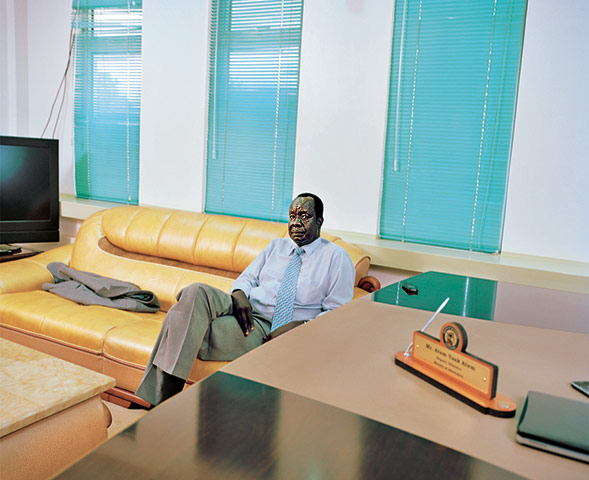
'I was the owner and editor of the Pioneer newspaper in Juba. I was in the SPLA. As a propagandist I have been compared to Goebbels. I was appointed in August. I’m like a fish out of water, wearing a suit.'
Photograph: Zed Nelson/Institute
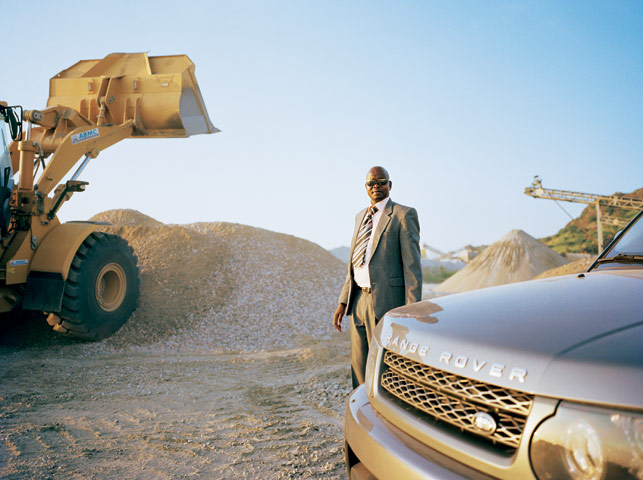
'When I was at university in Nairobi, I saved all my money, bought two trucks and rented them to the UN and the SPLA for $500 a day. Then there was a shortage of food, so I bought imported food and sold it to the army. The turning point was starting a business in Juba.'
Photograph: Zed Nelson/Institute
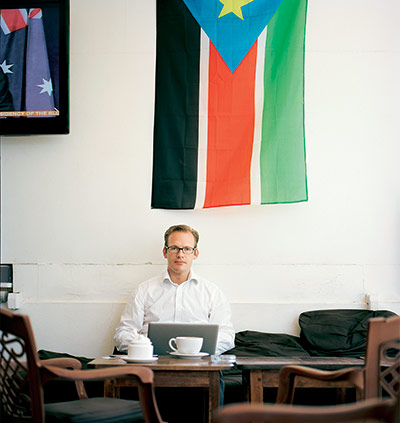
'I’m from Holland – I arrived in 2008. There is a huge list of things to solve when you start a new country. After independence, we needed symbols of nationhood – a flag, a national anthem, a legal framework, a constitution.'
Photograph: Zed Nelson/Institute
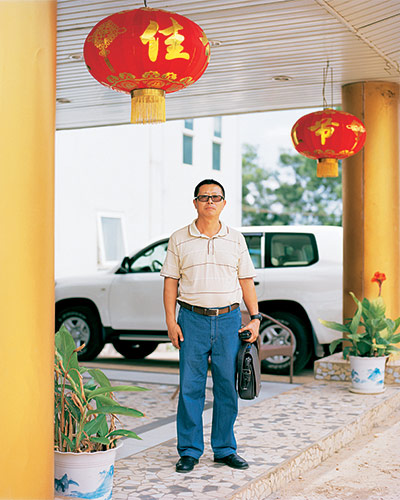
'My company, which specialises in construction, sent me here in 2007. There were no scheduled flights to Juba then, so we chartered one from Nairobi. There were no hotels either, only tents – three beds in each tent for $100 per person per night. There’s so much to be done. There’s no clean water, not enough medical help, poor housing. It is difficult financially. There isn’t enough money. We have 15 Chinese people working for us here, but most are local people. I don’t know how long I will stay.'
Photograph: Zed Nelson/Institute

'My album is a great hit. Small kids sing it, old mamas and papas. I don’t go into politics in my singing – it’s a bit risky. I sang a song about how hard it is when you go for a job and they want to know what tribe you’re from, who your father is. It brought me into conflict with the government. My father died in the war. He was shot by his wife’s brother – they were soldiers. My mother took us to Uganda and I was educated in Kampala. When we achieved independence, I was shocked. There was a four-day concert and I performed at the cultural centre. When they raised the flag, I was shedding tears – for what had happened in the past, but also for joy.'
Photograph: Zed Nelson/Institute

On Sunday afternoon, the pool fills up with well-off South Sudanese.
Photograph: Zed Nelson/Institute
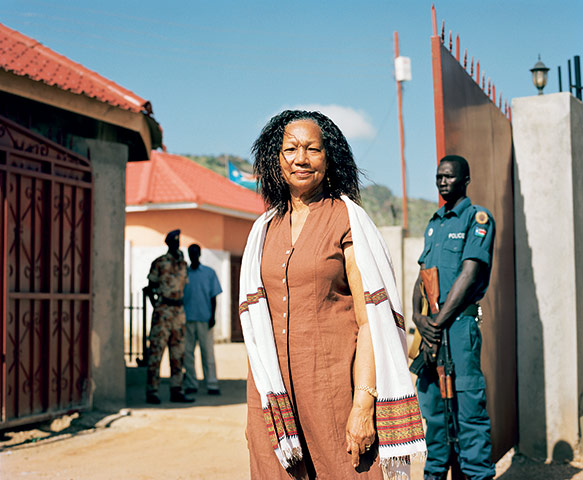
'I studied in California with my husband. We were on our way home when the war broke out, so we stayed in Kenya. Thousands of South Sudanese sheltered there. When independence came, it was not really expected. Five people were named as commissioners; I was one of them. I got a phone call saying,"Wrap up what you’re doing and come home. This is an order." When I came in 2006, nobody talked about corruption because the word did not exist in any of our 14 linguistic groupings. We did not have banks. Money came in suitcases. We paid for everything in cash. This is an environment conducive to misappropriation. But things are changing.'
Photograph: Zed Nelson/Institute







